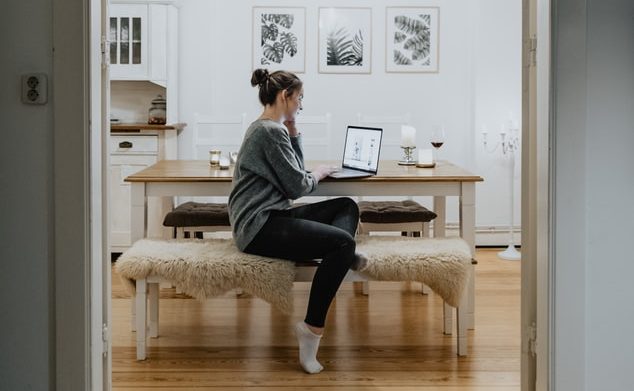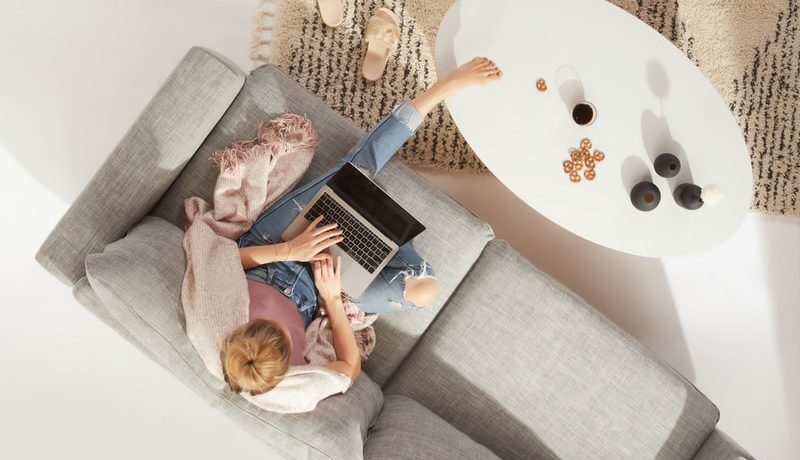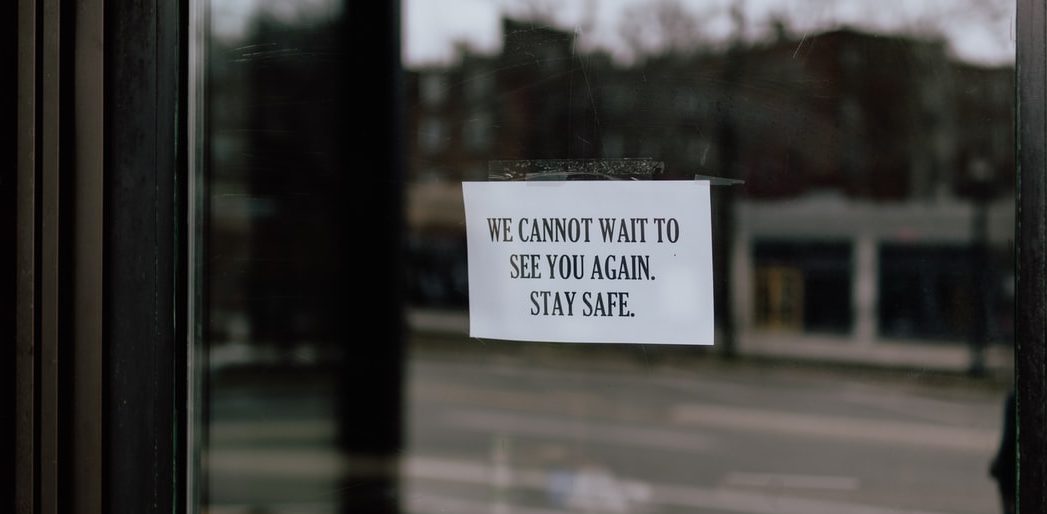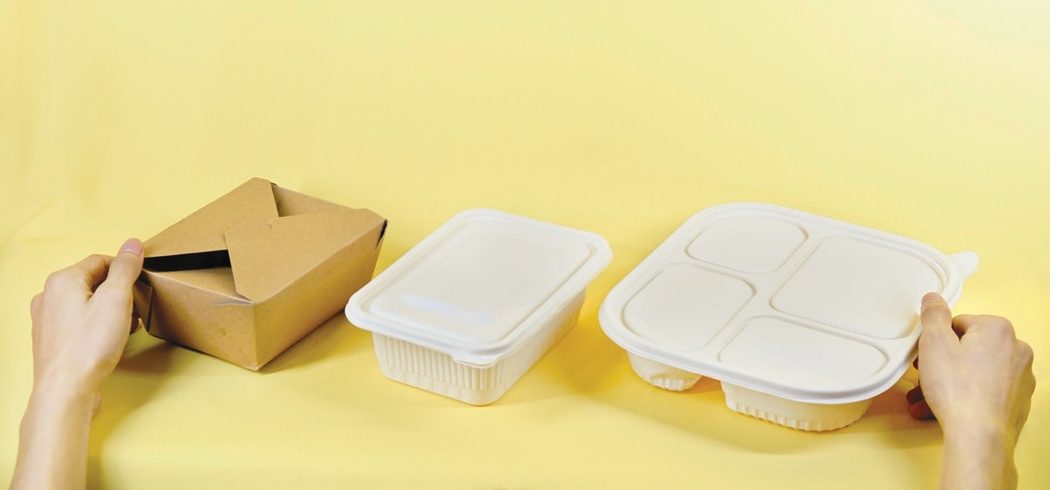Before we start talking about the consequences of this factor, we must really know what it is. Cocooning is a trend named in the 90s by Faith Popcorn, a marketing consultant and trendhunter. It means the pleasure of staying at home, taking refuge and looking for a comfortable environment, away from an increasingly aggressive and fast world. It can also refer to taking advantage of moments of disconnection, forgetting to socialize and focusing on yourself as a balance between mind and body.

Technology accentuated this trend, but due to Covid-19 it has spread worldwide. Confinement has brought us new customs, as we have been forced to stay at home. Many people have found some comfort in this situation, and cocooning has won many supporters. All this is due in large part to the convenience of ecommerce and delivery: having whatever we want from the sofa.

With the statistics obtained by EAE School in the study “The state of ecommerce and retail. An evolving growth due to the uncertainty of COVID 19”, we have been able to observe that at least 30% of those surveyed will buy more online as a result of this health crisis. The rise of cocooning and its fusion with the coronavirus has made consumers prefer an online route for their purchases.

This advanced trend forces companies to adapt to new times and to change the way they reach the consumer, offering a service where customers can order a take away. According to Morgan Stanley, the American financial multinational, 11% of the global market will be food delivery by 2022.
Thanks to this situation, the importance of packaging has been noticed, since restaurants and bars choose to join the delivery. We can also see that one of the packaging trends that will sweep away is sustainable take away packaging.
According to Gastroeconomy, packaging “is an issue that generally worries hoteliers interested in launching a take away service, both for finding suitable packaging for the transport and presentation of food, and for identifying sustainable packaging from the point of view environmental ”.

Consumers care more about their actions, and how they affect the planet. With the rise of cocooning, it must be taken into account that there are more orders online, and more waste is generated. That’s the reason why, either to help the planet or to please an increasingly aware public, many restaurants want to provide the most eco-friendly service possible.
We can find many possible alternatives, although the most important thing is to use preferably biodegradable or easy to recycle materials. The most common is cardboard, since apart from being versatile and ecological, its infectious capacity is minimal. In addition, together with copper, it is the material where the survival of the virus is shorter.
As we have seen, the cocooning effect added to the Covid crisis has positively influenced the use of eco-responsible packaging. A positive point in these moments of uncertainty!
